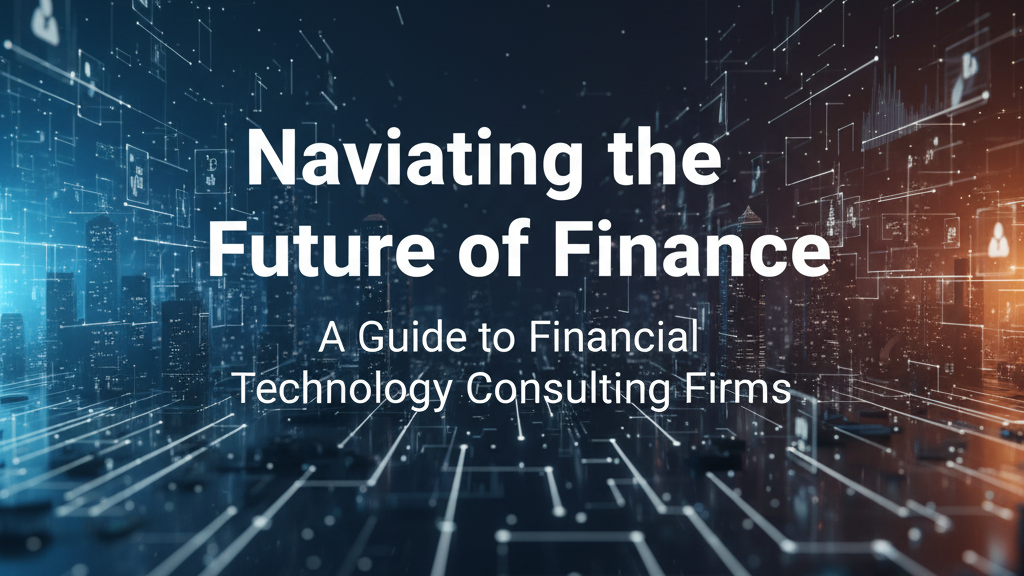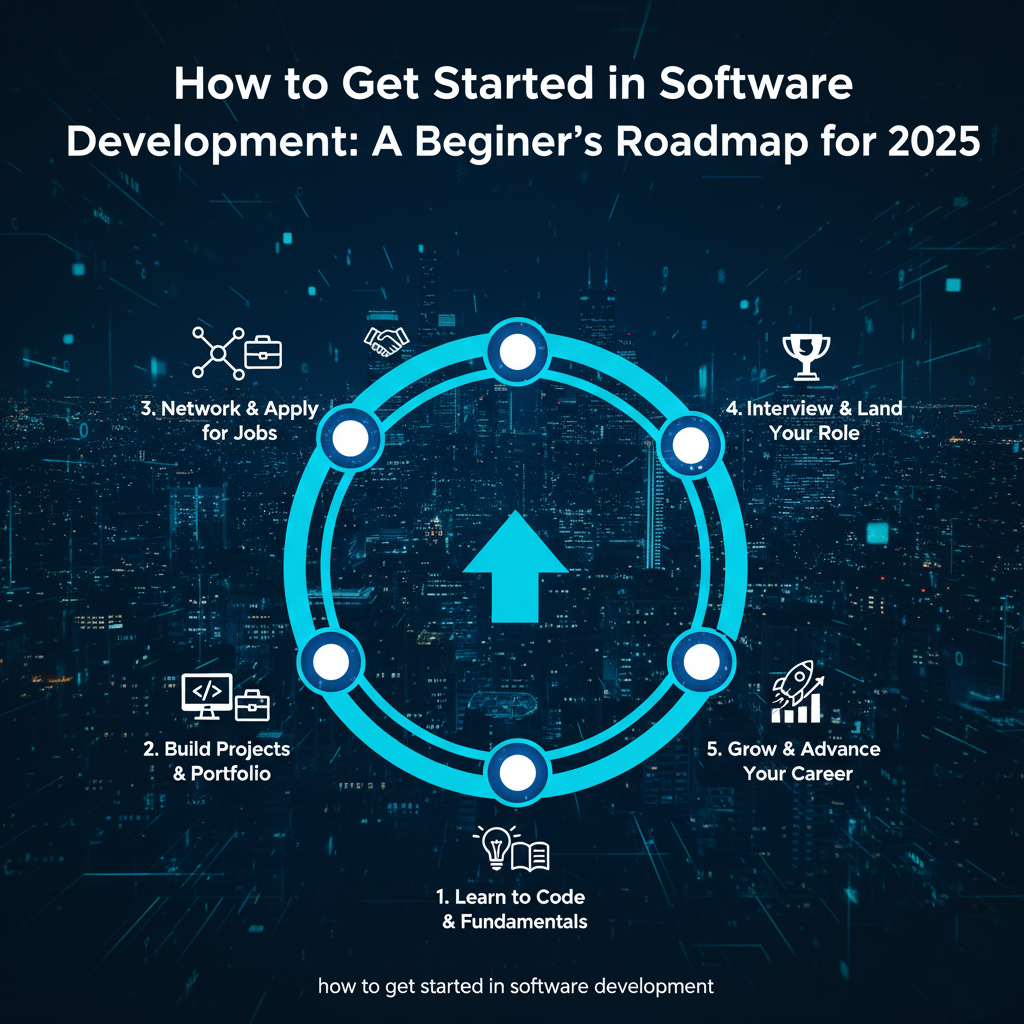“Is it hard to become a software developer?” It’s one of the most common questions aspiring programmers ask, and the answer isn’t a simple yes or no. The truth is, becoming a software developer is challenging—but it’s also more accessible than ever before. Whether you’re considering a career change or just starting out, understanding the real challenges and rewards can help you make an informed decision.
The Short Answer: Challenging but Achievable
Yes, becoming a software developer requires significant effort, persistence, and a willingness to push through frustration. However, thousands of people from diverse backgrounds successfully make this transition every year. The difficulty largely depends on your approach, resources, and persistence rather than innate talent or a specific background.
Where the Real Difficulty Lies
The challenges aren’t necessarily what most beginners expect:
1. The Mental Shift to Computational Thinking
Programming requires breaking down complex problems into small, logical steps. This way of thinking doesn’t come naturally to everyone and represents the first major hurdle for many beginners.
2. The Initial Learning Curve
The first 3-6 months are typically the most challenging. Concepts like variables, functions, and loops might feel abstract at first. Many beginners experience frustration when code doesn’t work as expected and they can’t immediately identify why.
3. Constant Learning and Adaptation
Technology evolves rapidly. Frameworks that were popular two years ago might be obsolete today. Successful developers embrace lifelong learning, which can be exhausting if you’re not prepared for it.
4. Problem-Solving Under Pressure
Unlike following tutorials, real-world development involves solving novel problems with no clear answers. This requires creativity, research skills, and patience.
5. Attention to Detail
A missing semicolon or typo can cause hours of debugging. Development requires meticulous attention to detail that some find tedious.
What Makes It Easier Than You Might Think
Despite these challenges, several factors make software development more accessible than ever:
Abundant Learning Resources
With free platforms like freeCodeCamp, The Odin Project, and countless YouTube tutorials, quality education is available to anyone with an internet connection. You don’t need an expensive degree to get started.
Strong Community Support
From Stack Overflow to Discord channels and local meetups, you’re never alone in your learning journey. The programming community is generally supportive of beginners.
Clear Learning Paths
Structured roadmaps exist for every specialization—front-end, back-end, mobile development, and more. You don’t have to guess what to learn next.
High Demand for Skills
Despite market fluctuations, skilled developers remain in demand. The U.S. Bureau of Labor Statistics projects 25% growth for software developers between 2022-2032, much faster than average.
Factors That Influence Your Personal Difficulty Level
Your background and circumstances significantly impact your journey:
Your Starting Point
- STEM background: If you have experience with logical thinking from math, science, or engineering, you might find the transition easier
- Complete beginner: Those from non-technical fields face a steeper initial curve but often bring valuable soft skills
Learning Style
- Self-directed learners thrive with online resources
- Structured learners might prefer bootcamps or degree programs
Time Commitment
- Full-time students can achieve job readiness in 3-6 months
- Part-time learners typically need 9-12 months of consistent effort
Realistic Time Commitment
With focused effort, most people can reach job-ready status in 6-12 months. The key is consistency rather than intensity:
- 15-20 hours per week is sustainable for most part-time learners
- Quality of practice matters more than quantity of hours
- Building projects accelerates learning more than passive consumption
Personality Traits That Help
Certain characteristics make the journey smoother:
- Persistence: Willingness to keep trying when solutions aren’t immediate
- Curiosity: Genuine interest in how things work
- Patience: Understanding that mastery takes time
- Attention to detail: Ability to spot small errors and patterns
The good news? These traits can be developed through practice.
Strategies to Make the Journey Easier
1. Start with the Right Language
Begin with beginner-friendly languages like Python or JavaScript rather than diving into complex ones like C++.
2. Build Projects Immediately
Apply what you learn by building small projects from day one. This reinforces concepts and builds portfolio pieces.
3. Find Your Community
Join coding groups, find a study partner, or participate in online forums. Learning with others provides motivation and support.
4. Embrace the Struggle
Understand that frustration is a normal part of the learning process. Even experienced developers regularly encounter problems they can’t immediately solve.
When to Consider Alternative Paths
Software development isn’t for everyone. You might want to reconsider if:
- You consistently find coding frustrating rather than interesting after 6+ months of serious effort
- You dislike continuous learning and prefer stable, unchanging work
- Problem-solving doesn’t appeal to you
If development isn’t the right fit, related roles like quality assurance, technical writing, or product management might be better alternatives.
Conclusion
Becoming a software developer is undoubtedly challenging, but the rewards make the effort worthwhile. The career offers good compensation, flexibility, creative fulfillment, and continuous growth opportunities.
The question isn’t really “Is it hard?” but rather “Is this challenge worth it for me?” If you enjoy problem-solving, can tolerate frustration, and are willing to persist through the difficult early phases, you can absolutely succeed.
Your background matters less than your willingness to learn and persist. Start with small, consistent steps today, and you might surprise yourself with how far you can go in a year.
Frequently Asked Questions (FAQ)
Can I become a software developer if I’m bad at math?
Yes! Most software development requires logical thinking rather than advanced mathematics. While some specialties (like machine learning) require strong math skills, many web and application development roles focus more on problem-solving logic.
Is 40 too old to start learning programming?
Not at all. Many successful developers start their careers in their 30s, 40s, and beyond. Life experience, maturity, and soft skills from previous careers can actually be advantages. The tech industry increasingly values diverse perspectives.
How hard is it to get your first developer job?
The first job is often the most challenging to land due to competition. However, a strong portfolio, networking, and persistence can overcome lack of experience. Consider internships, apprenticeships, or contract work as pathways to full-time roles.
Do you need to be a genius to be a good programmer?
Definitely not. Successful developers come from all intelligence levels. Consistency, problem-solving approach, and willingness to learn matter far more than innate intelligence. The field rewards persistence over brilliance.
What percentage of people who start learning coding actually become developers?
While exact numbers vary, estimates suggest 10-20% of people who start learning programming eventually work professionally in the field. The main differentiator isn’t ability but persistence through the challenging early stages.




